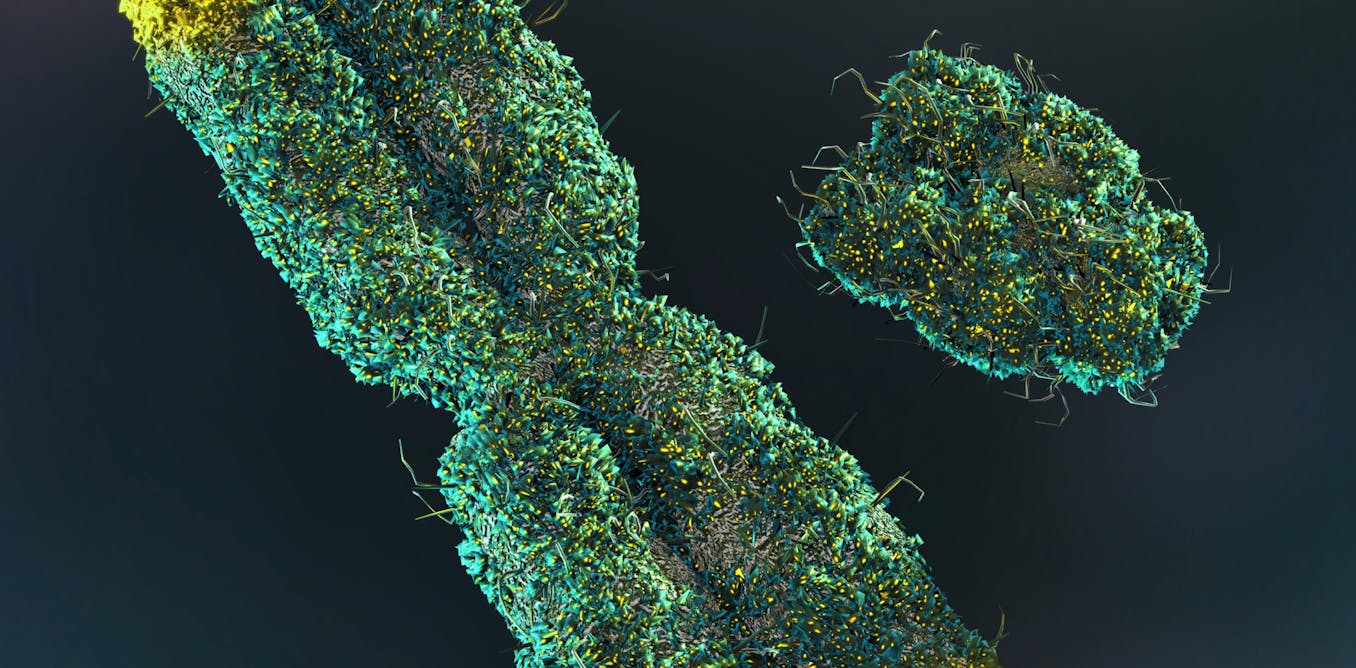The U.S. Supreme Court (SCOTUS) has made a significant decision regarding former President Trump’s claimed immunity on criminal charges related to his actions following the 2020 presidential election. In a ruling on Monday, the court stated that former presidents have “absolute immunity” from prosecution for official actions taken while in office, but not for unofficial acts. This decision raises questions about the charges Trump may face and sets a precedent for how future presidents may be held accountable for their actions both during and after their time in office.
University of New Mexico Law Professor Joshua Kastenberg offers insight into the implications of this ruling. He explains the distinction between official and unofficial acts and how this can impact the legal standing of former presidents in criminal cases. This decision by the Supreme Court could have far-reaching consequences for the way in which former presidents are held accountable for their actions, providing clarity on the limits of immunity in such cases.
As the legal implications of the Supreme Court’s ruling continue to unfold, it remains to be seen how this decision will affect not only Trump’s legal troubles, but also how future presidents may be held accountable for their actions. The ruling sets a precedent for the extent of immunity that former presidents may claim, shedding light on the boundaries of legal protection for those who once held the highest office in the country.
Watch the video by Global News
Video “Trump immunity ruling: What does Supreme Court’s decision mean?” was uploaded on 07/02/2024 to Youtube Channel Global News







































